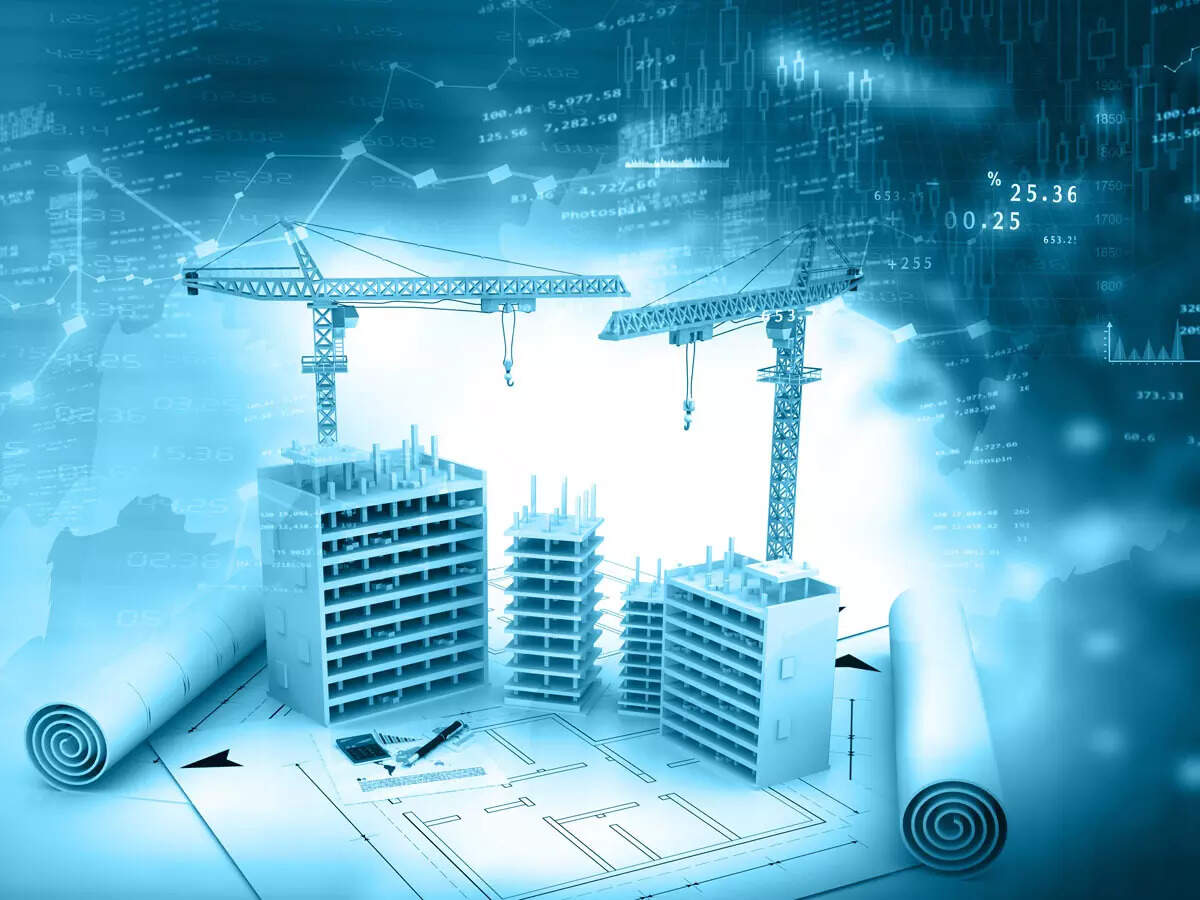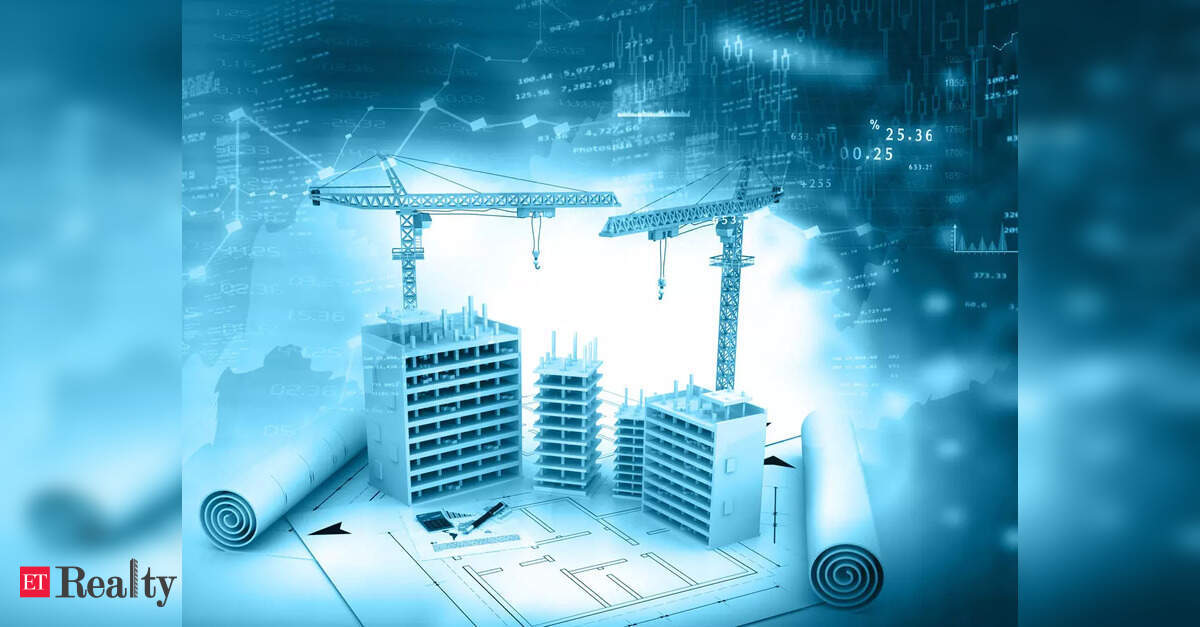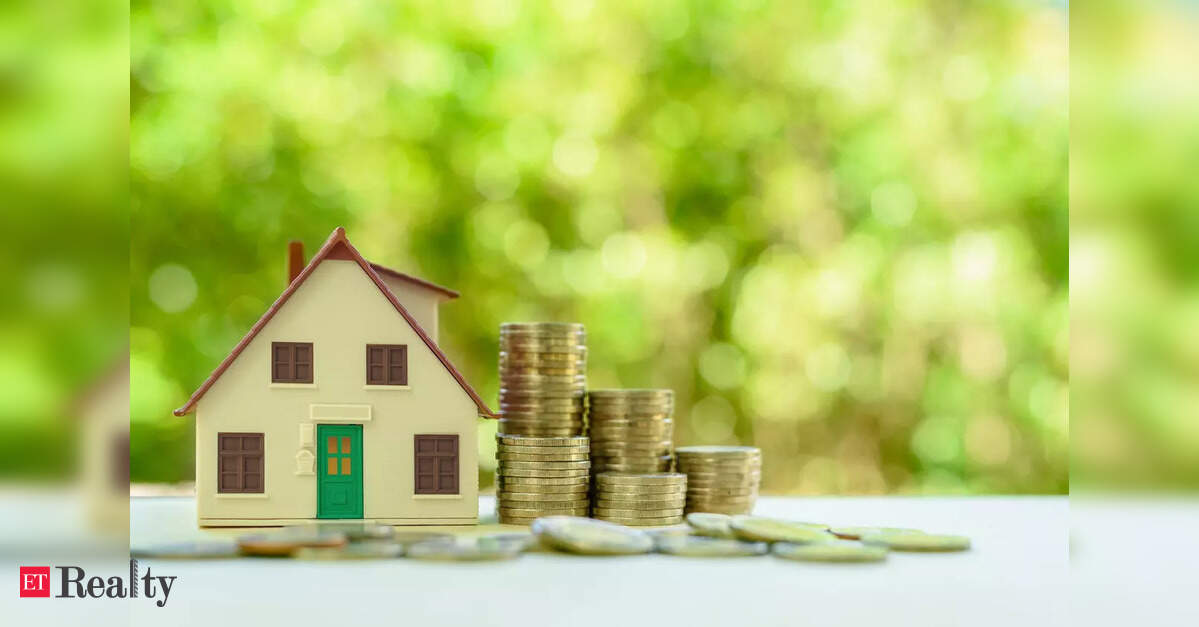
MUMBAI: A government-appointed committee has proposed a 10% increase in carpet area for residents of housing societies who choose the self-redevelopment scheme, aiming to encourage self-redevelopment.
Self-redevelopment allows residents to manage the construction of their own buildings without a builder, retaining all construction benefits and profits that would normally go to developers.
On Monday, BJP MLC Pravin Darekar submitted the committee’s report to Chief Minister Devendra Fadnavis at a function in Vidhan Bhavan. The recommendations will be passed on to the departments of housing, cooperatives, and urban development.
“The proposal will be endorsed by the cabinet based on departmental suggestions. The government will make a decision related to these recommendations, and updates will be presented in the upcoming session. These pivotal decisions will expedite pending housing projects in the state and help Mumbai residents achieve their aspiration for spacious and beautiful homes,” Fadnavis stated.
The committee also recommended including cluster redevelopment, allowing multiple housing societies to collaborate on the project. The minimum area for such clusters will decrease to 2,000 sq m, down from 4,000 sq m for standard cluster redevelopment schemes.
Under the cluster self-redevelopment scheme, each resident will receive at least 376.73 sq ft of living space. Non-residential occupants will receive carpet area equivalent to what they occupied in the old building.
For slum-dwellers, entitlement will be a minimum of 300 sq ft.
The scheme is suggested to encompass cooperative housing societies on private plots, both cessed and non-cessed buildings, Mhada buildings, BARC properties, buildings on BPT lands, and slum areas.
The committee has also proposed that the district cooperative bank, which provides loans for self-redevelopment, should allow mortgaging of land and sale components to the apex state cooperative bank, requesting the government to implement necessary amendments. Moreover, it suggests that agencies like NABARD provide funds for these projects, and HUDCO should grant loans to district cooperative banks in urban areas for financing.
To foster self-redevelopment in slum areas, it’s recommended to establish a dedicated Slum Self-Redevelopment Authority. The government should permit slum cooperative housing societies to possess their land — whether state, central, or semi-government — similar to how housing societies on occupancy class II lands can convert to freehold. The plan is to link this initiative with the PM Awaas Yojana.
Regarding Metro Line 3, the committee suggests the government implement a time-bound program for buildings affected by the project. All buildings adjacent to the underground metro that are in poor condition and likely to be impacted once operations start should be designated as project-affected, leading to new regulations in DCPR-2034 for their redevelopment.




